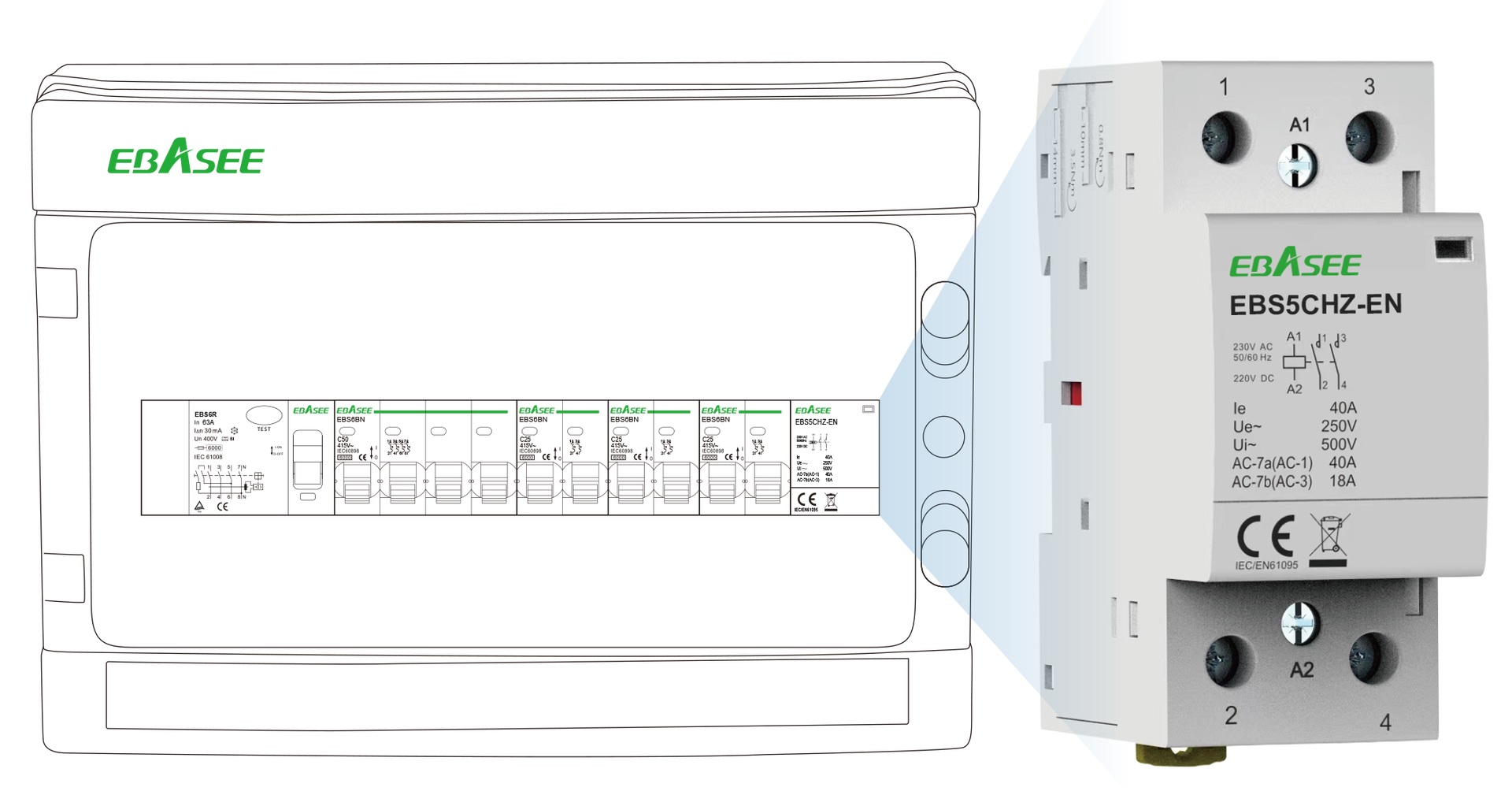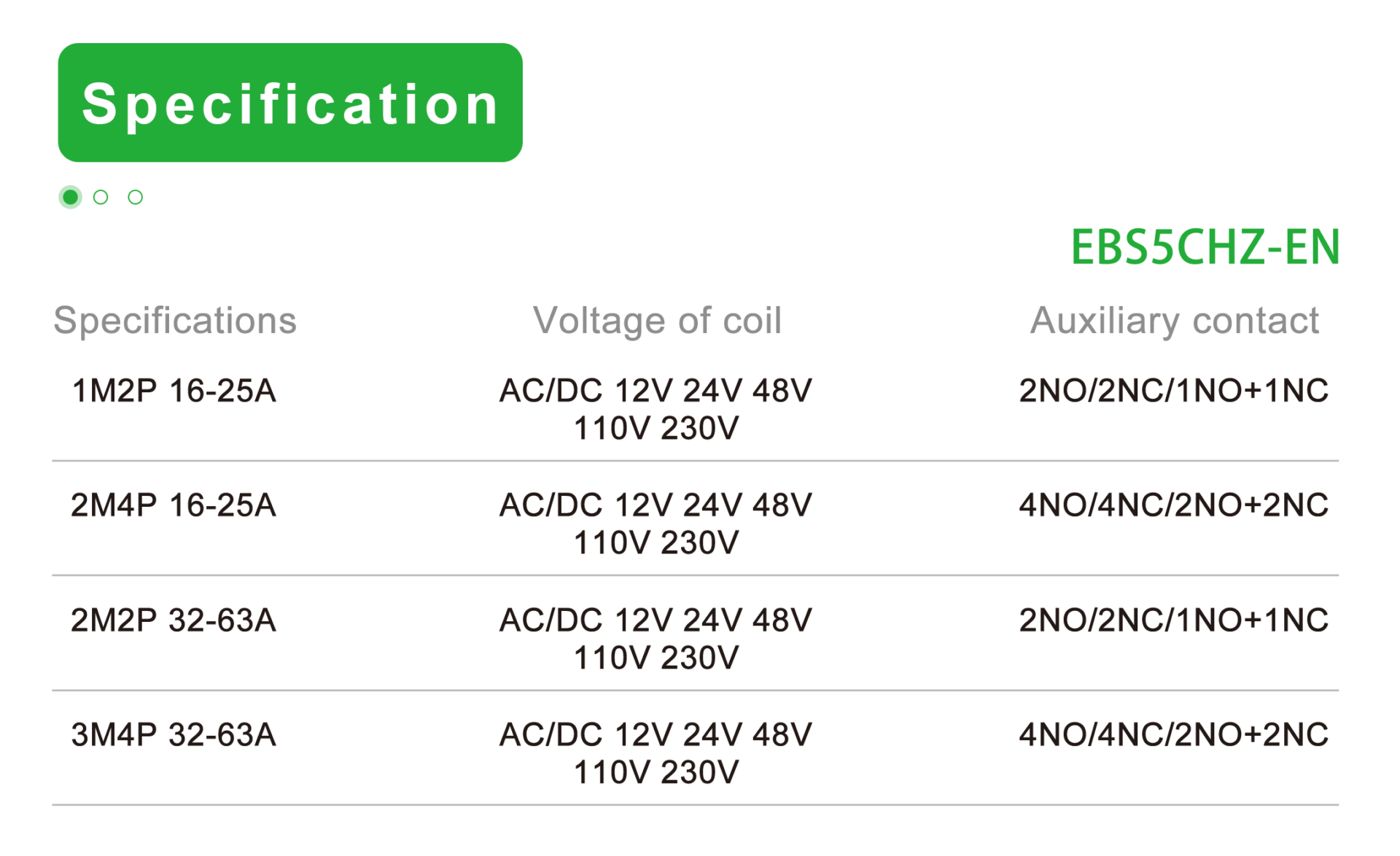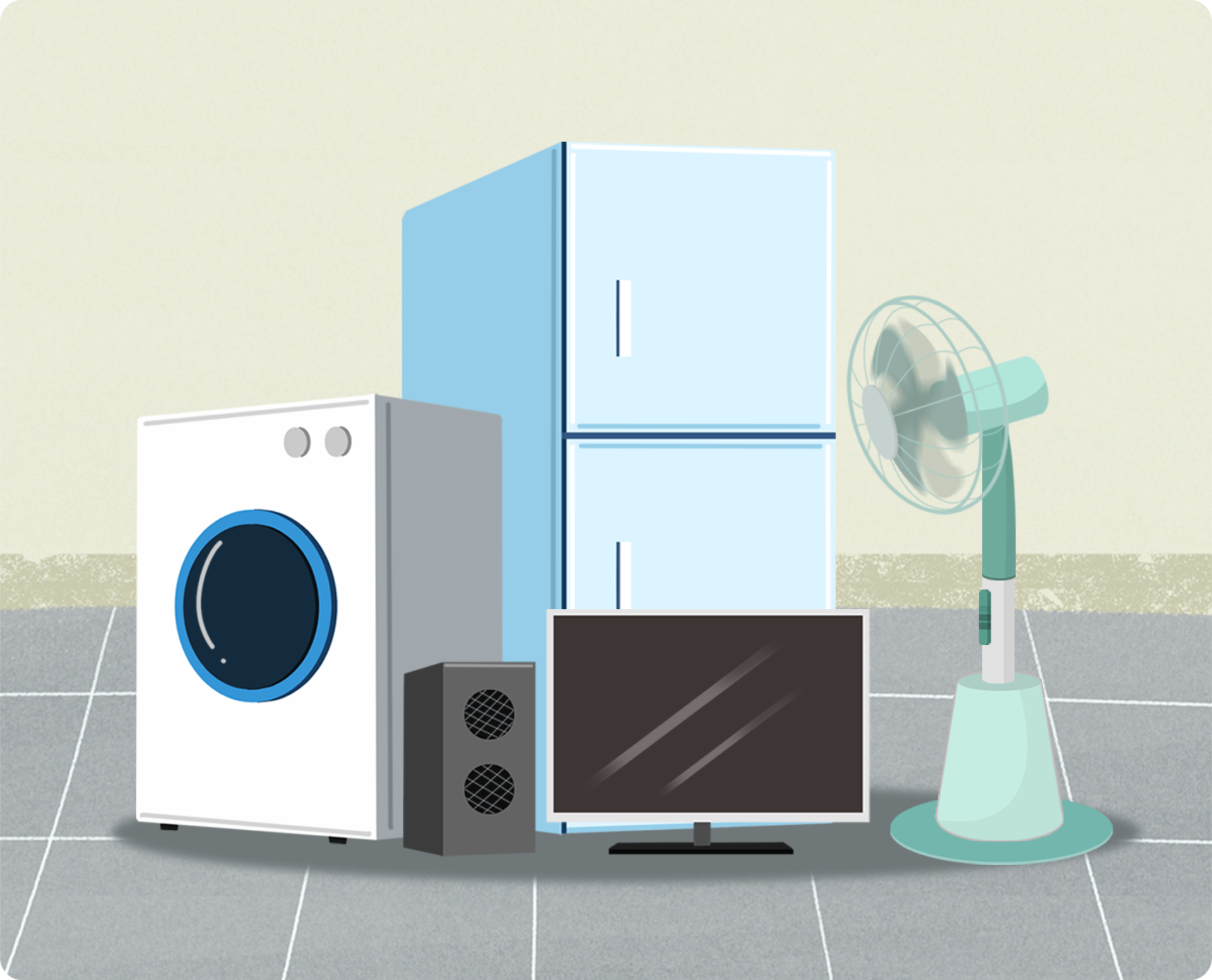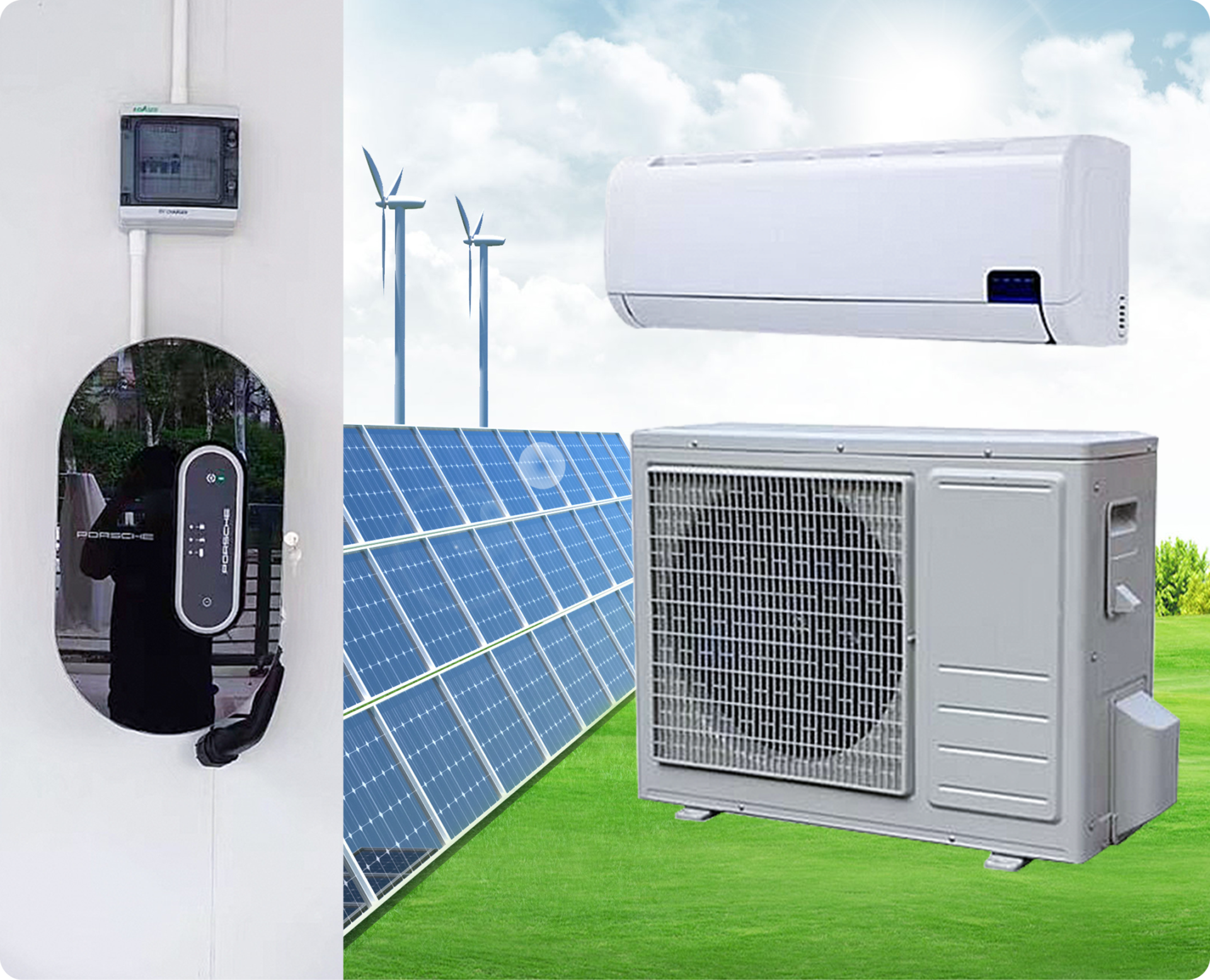
solutions
In modern electrical systems, modular contactors are crucial components used to control and manage the flow of current in electrical circuits. Whether in residential, commercial, or industrial settings, modular contactors play pivotal roles. This article delves into the various applications of modular contactors across different scenarios and introduces some common types and features.


More DC Modular Contactor Details
Residential Applications
Household contactors, also known as residential contactors or home contactors, are essential components in household circuits. They are typically installed in distribution panels to control lighting, heating, air conditioning, and other home appliances. These contactors are designed to be compact, easy to install, and provide reliable electrical control, ensuring the safety and efficiency of household circuits.

To control the household appliances, low or micro inductive reactance load, or household motor load as well.
Commercial Applications
DIN rail contactors are one common type found in commercial buildings. They are designed to be mounted on standard DIN rails, offering flexible installation options. Modular contactors for commercial use often need to handle higher currents and voltages to control commercial equipment and lighting systems.

EV charging station+ Hybrid Air Conditioner.
Industrial Applications
In the industrial field, electrical contactors and power contactors are common terms. They are often used to control large machinery, production lines, and industrial equipment. Modular contactors play crucial roles in these applications, ensuring the stable operation of electrical systems and enhancing production efficiency.
Specialized Applications
AC contactors and single-phase contactors are specialized contactors designed for different types of circuits. For example, AC contactors are suitable for AC circuits, while single-phase contactors are suitable for single-phase circuits. Additionally, some modular contactors come with additional modules, such as contactor modules, to provide additional functionalities like overload protection, timing functions, etc.
Conclusion
Whether in residential, commercial, or industrial applications, modular contactors are indispensable components. They offer flexibility, reliability, and safety, meeting the control requirements of various electrical systems. Whether you're building household circuits or large industrial production lines, selecting the right modular contactor is key to ensuring the smooth operation of your systems.